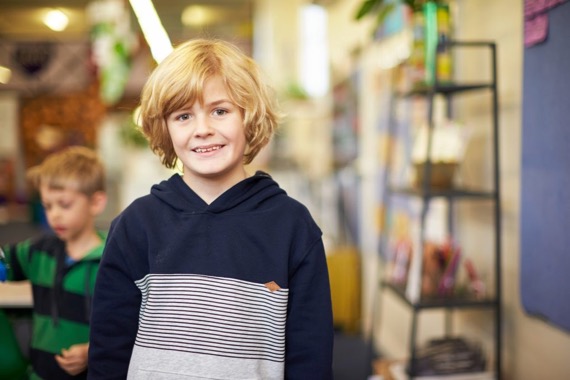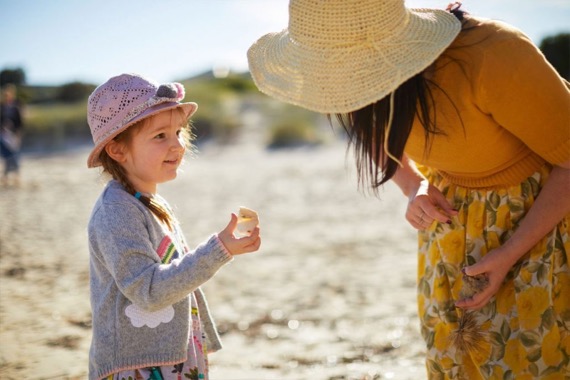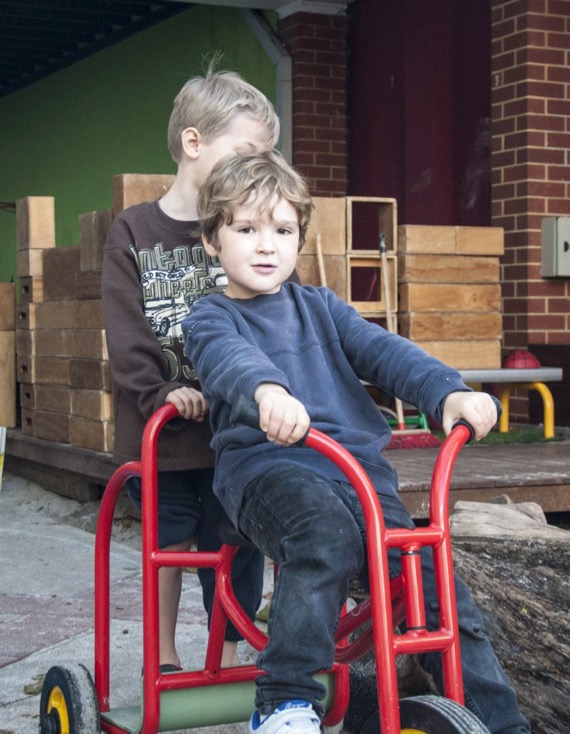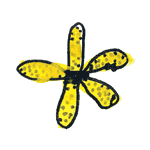Year 1/2
Year 1/2 is an exciting year where the children refine their knowledge and grow in leaps and bounds! We are readers, authors, scientists, experts, team players, researchers, questioners, problem-solvers, thinkers, learners and citizens of the world.
Our Year 1/2 teaching team provides a comprehensive academic and social and emotional learning program where children are at the centre of everything they do. Children are supported as they take greater control over their own learning, pursuing their interests to become self-motivated learners
Focus
Emotional Learning is at the heart of the Year 1/2 program and emphasis is placed on children feeling safe, supported, valued and having a deep sense of belonging to both the classroom and wider school community. We explore what our rights and responsibilities are in our classroom space, with importance placed on respect and fairness. We also spend time exploring emotions and build our banks of strategies to self-regulate. Our Social and Emotional program seeks to add depth to a child’s understanding of themselves, guiding them towards a compassionate, wholistic view of the increasing complexities of our society. In Year 1/2, we also learn that mistakes lay the foundation for rich learning and begin to understand the power of ‘yet’ – I don’t know how to do that… YET!
Programs utilise a variety of teaching methods, carefully balancing explicit instruction, differentiated teaching, holistic and inquiry-based learning, and play. Literacy and Numeracy are taught as discrete areas, with links made to real-life, meaningful learning when possible. This is a time to build on and consolidate the Literacy and Numeracy concepts and skills that have been acquired in the earlier years. With our understandings of children’s rates of development, this is a crucial time to try to ensure that all children have a very solid foundation on which to build their further learning.
Projects
Year 1/2 is still very much a play-based environment. Our curriculum is covered in ways that are meaningful, engaging and relevant to the lives of the children. There is great scope for creativity and for gaining and practicing the necessary skills for authentic social interactions. Projects are at the heart of our learning programs. We explore a range of exciting and hands-on inquiry projects that bring both children and teachers into the role of researcher. A project and inquiry learning approach encourages children’s abilities to pose questions, hypothesise, search for meaning and draw upon their knowledge and expertise in a rich and integrated way.
Inquiries may arise from children’s interests, curriculum areas or teacher interest and incorporate excursions, incursions, workshops and real-life learning. Through a pedagogy of listening, we build on the interests and prior knowledge of the children. In this way, projects are driven by the children – their questions, ideas, challenges and misconceptions
Community
The 1/2 teachers work closely with children and families to provide a nurturing environment, which allows children to explore their learning, relationships and identities in a culture of community and connectedness, developing a sense of belonging to the classroom and the whole school community. We call upon the expertise and interests of parents and family members and welcome their contributions to our learning and projects. Children at this level of development are beginning to understand the world beyond themselves and their families, so it’s the perfect time for introducing topics relating to Human Rights and Social Justice. We do this primarily through carefully chosen literature, gently guiding the child to an understanding of their rights and responsibilities as global citizens.
Our students have the wonderful opportunity to participate in nature-based programs at our local river environments. Our River School program affords the children opportunities to develop a sense of wonder, explore a natural environment, make self-directed choices in learning, build resilience and connect to nature. We also foster respect for Indigenous culture, with regular investigation and acknowledgement of ancient knowledge and belief systems.




